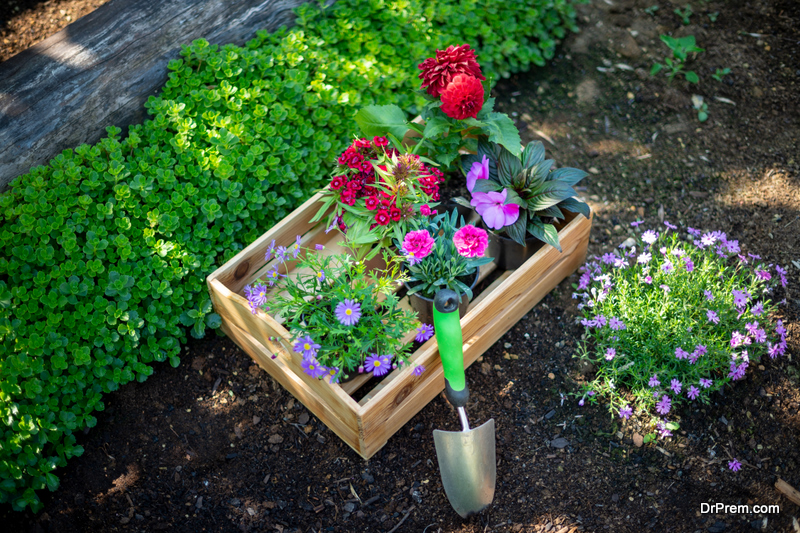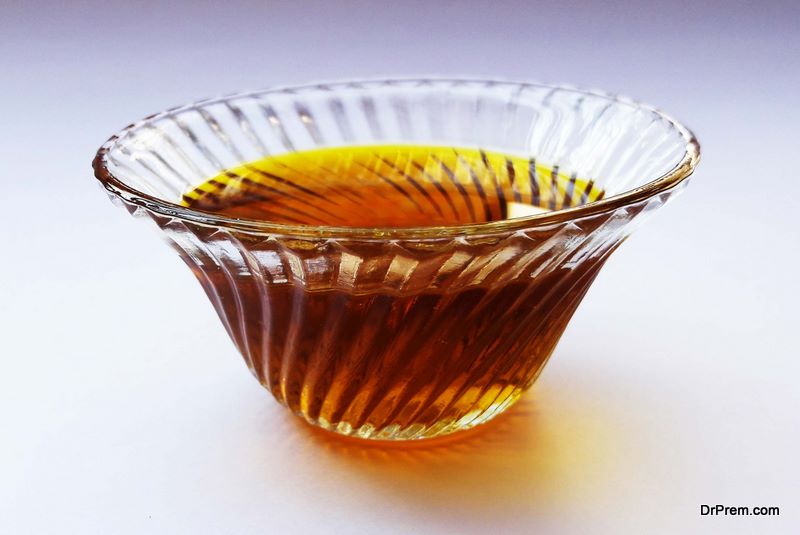Cooking oil is important in every restaurant and home kitchen. In both you should know how to recycle or dispose of your used oil. In many homes, disposing of your oil down the drain is unwise since it will harden and result in a clog. Though if you are dealing with cooking oil in a commercial setting, you will have to invest in the right equipment so that you can deposit it into a holding tank after use.
It is important to make sure that you collect and recycle your used cooking oil so as to acquire environmental advantages. However, collecting used cooking oil is just half the battle. The next step is to figure out the value of your cooking oil after use. To help you understand the importance of used cooking oil, here are key points to look at:
1. Cost Saving
 Recycling your oil will save you costs in various ways. In a home setting, you can contact a recycling company to collect your oil, enabling you to decrease your disposal costs. Trying to dispose of the oil on your own might result in spending money in getting an extra waste bin and paying for special disposal methods.
Recycling your oil will save you costs in various ways. In a home setting, you can contact a recycling company to collect your oil, enabling you to decrease your disposal costs. Trying to dispose of the oil on your own might result in spending money in getting an extra waste bin and paying for special disposal methods.
Companies, which use recycled cooking oil have an opportunity to prevent their pieces of equipment from spoiling faster compared to what they did before. Maintenance expenses will go down, and biodiesel costs are cheaper than other types of imported fuels.
2. Economy Support
By recycling your cooking oil rather than discarding it, you will contribute to the valuable feedstock to clean-burning and eco-friendly biodiesel production. Basically, companies make biodiesel from the used cooking oil they collect from restaurants and home settings. This diesel is compatible with farm equipment, oil furnaces, cars, generators, and trucks.
Apart from helping companies and individuals avoid costly repairs as well as fines from inappropriate disposal, biodiesel supports the economy of local individuals by keeping dollars in the communities that manufacturers serve.
3. Safeguarding Local and Global Environment
 The environmental benefits of recycling and properly disposing of cooking oil are a lot. You will be able to keep waste products of the environment and lower the risks of harming natural resources, such as water and soil systems.
The environmental benefits of recycling and properly disposing of cooking oil are a lot. You will be able to keep waste products of the environment and lower the risks of harming natural resources, such as water and soil systems.
According to EPA (Environmental Protection Agency), spills of vegetable oils and animal fats have the same devastating effects on the marine environment as petroleum oils. Choosing to recycle and properly disposing of your oil means that you will support green and renewable fuel efforts, showing more dedication to a sustainable system at large.
4. Sustainable Food Systems
Food is energy because it works its way from the sunlight through crops and then onto people’s plates. In the past few years, research surrounding the use of cooking oil has made great developments.
Recycling oil just doesn’t mean you can move and drive a car using less fossil fuel. It also implies that recycling has maximized a massive amount of food energy.
5. Protection of Gardening Tools
 The rain and wind might wreak havoc on your gardening tools. By rubbing tools with your used cooking oil will protect them from various components. The oil will prevent your gardening tools from rusting and soil from sticking to ensure they look as good as new.
The rain and wind might wreak havoc on your gardening tools. By rubbing tools with your used cooking oil will protect them from various components. The oil will prevent your gardening tools from rusting and soil from sticking to ensure they look as good as new.
Used cooking oil may also work great on your pans, bike chain, and pots to keep them in pristine condition.
6. Soap Making
This might be the last thing many people may likely consider using their used cooking oil for.
Normally, manufacturers produce soaps from fat. Therefore, manufacturing soap can be another practical way to use your cooking oil rather than getting rid of it improperly.
The Bottom Line!
While cooking oil may not go in the average bins, recycling is possible. You will have to contact any recycling center within your locality so as to determine whether it accepts cooking oils as part of its effort.
You can also recycle and filter your oil into products like stockfeed, biodiesel, and cosmetics. However, if it is not possible to recycle it, be sure to properly dispose of your oil.
Article Submitted By Community Writer




